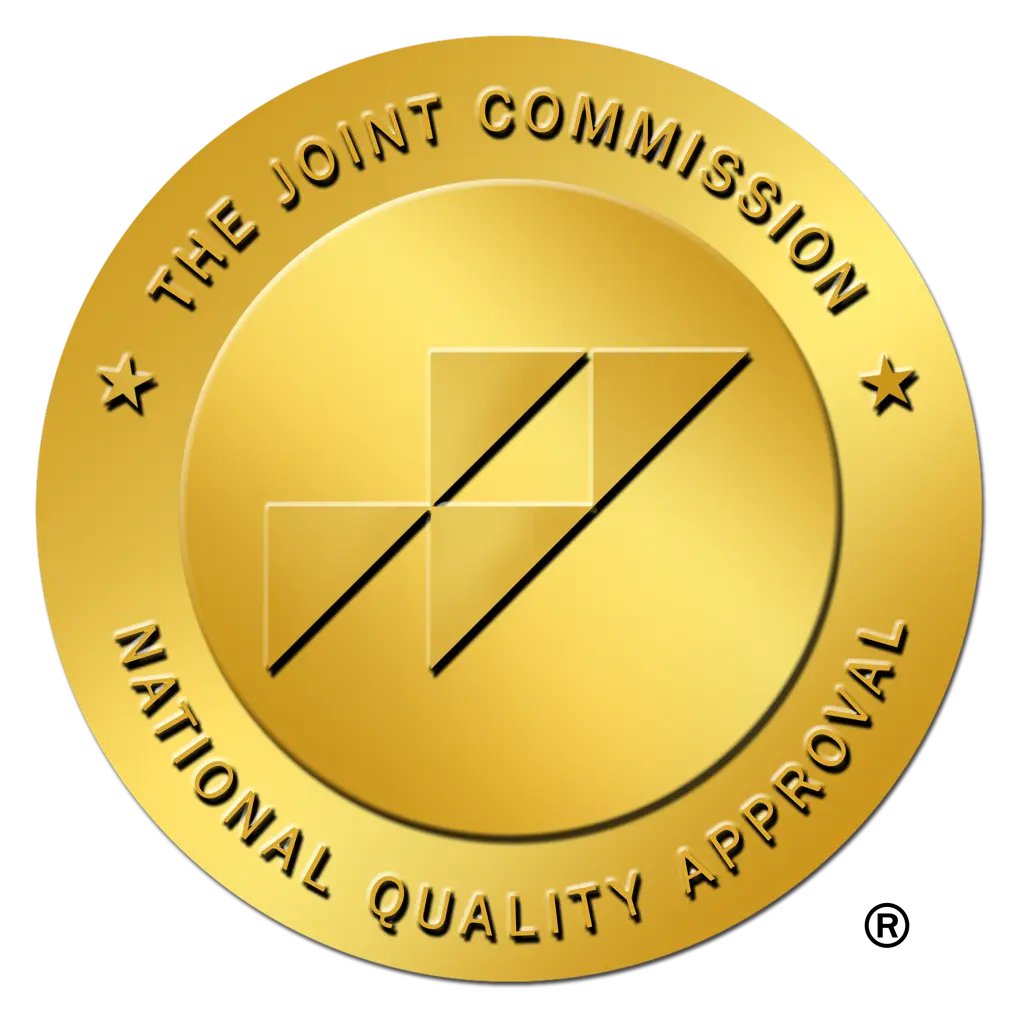Depression is one of the most common mental health issues in the United States. There are several varying types of depression; each type has different risk factors. Some people can experience many symptoms, while others only experience a few. Therefore, the number of symptoms that affect you could fluctuate. Understanding your symptoms and any underlying disorder will guide you in determining whether you are at risk for depression.
Major Depression and Persistent Depressive Disorder
Symptoms of major depression could last for over two weeks. It can interfere with daily activities and responsibilities such as work, relationships, and social activity. The symptoms include:
- Sadness
- Emotional stress
- Feeling alone
- Isolation
- Lost interest in activities you enjoy
- Feeling unmotivated
Persistent depressive disorder is a major depressive disorder that could last over two years. The causation can be different factors, including:
- Relationships problems
- Stress about money or work
- Grieving
- Trauma
- Genetic, biological, and environmental factors
Usually, there will be several causes, and each needs to be dealt with in your recovery. Medical factors can also be part of the causation, such as:
- Diabetes
- Heart disease
- Stroke
- Cancer
- Dementia
- Parkinson’s
It is hard to cope with when your body feels like it is failing. Being in denial of those factors can cause depression to worsen. Keeping up with therapy to manage the symptoms you have is crucial in your treatment and recovery.
Bipolar Disorder Diagnosis
Not only is bipolar disorder classified as a type of depression, but a person with this disorder will have times of elevated moods, being very happy, having a lot of energy, feeling irritable, and sometimes acting aggressively. Then there are times of having low moods, low self-esteem, sadness, feeling vulnerable and alone, low motivation to do anything, and hopelessness. Going between each stage can cause a lot of anxiety and stress, which, in turn, could perpetuate the severity of depression symptoms.
Brain Functioning and Genetics
Bipolar disorder can be caused by impacts from brain structure, brain functioning, and genetics. Some studies have shown that the brain of a person with bipolar disorder functions differently than other people’s brains. Therapy and medication are usually used to cope with the symptoms and manage the disorder to ease the severity and regularity of symptoms.
Seasonal Affective Disorder (SAD)
Your biological clock can cause an onset of SAD when, in the fall and early winter, the reduction of sunlight you are exposed to can reduce the amount of serotonin being produced in your brain. This is called winter-onset SAD. In the spring and early summer, you might be affected in another way, being more irritable, anxious, and even a more stressed mindset.
Again, your biological clock is affected by the amount of sunlight you are exposed to. It can give you a large amount of energy, putting you in an anxious mindset. Both types of SAD can also affect your body’s melatonin levels, which helps your mind manage your sleep. In the fall, you may have a high level of melatonin and be sleepy all the time. Yet, in the spring and summer, you have lower than normal melatonin levels and might experience insomnia. The lack of resting can cause you to have more anxiety.
PTSD and Substance Use Disorder (SUD)
These disorders are not technically depression, but they can cause depression disorders to develop. PTSD affects you in different ways, including:
- Anxiety
- Paranoia
- Hyperfocus
- Irritability
- The feeling of not being in control of your life
Such symptoms can trigger depression because it is too much to deal with.
Substance Use
SUD can lead to depression as it causes physical and chemical imbalances, mood problems, and feelings of shame. When you use substances regularly, over time, the substances take control. Things that give you pleasure become less important, and only the substances are important. Depression is a common outcome when dealing with these other disorders, and depression needs to be addressed along with therapy for the other disorders.
There are other types of depression; this list isn’t a full list of the types. Depression is the third largest type of mental health issue in the world. Studies show that just over 52% of people have experienced depression in their life. It is not about just being sad. Physically and mentally, there are different symptoms, but they all affect your life and ability to be happy and function normally.
Understanding the Symptoms
You need to understand the symptoms of depression before you can start finding the path toward recovery. Therapy will assess the types, the severity, and the types of therapy you need to help you can control your life again. We can help you find the right therapy and guide you towards a better life tomorrow and into the future.
At Alter San Diego Crisis Intervention, we can help you or a loved one right now. We will guide you to the resources and stability to build skills to overcome and manage your symptoms related to depression and underlying disorders. Our guidance aims to educate, advocate and support families in need. Through us, you will be able to find appropriate care and create a plan that will suit your needs. Your story will also help build support and strength in the community. Remember, if you are experiencing symptoms of depression in San Diego, don’t try to go it alone. There are plenty of options for you and your loved ones. To learn more, call Alter Mental Health San Diego at (619) 457-4613.

